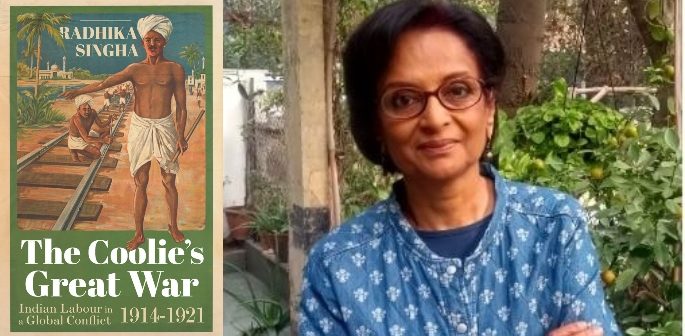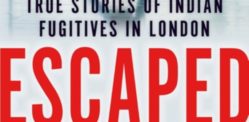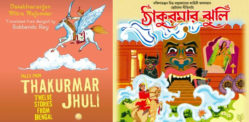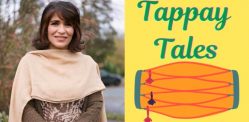Coolies were viewed as racially subordinate
Author Radhika Singha reveals the stories of the ‘coolies’ in the Indian Army in her book, The Coolie’s Great War.
During World War I, over 550,000 men in the Indian Army were non-combatants who completed tasks like porting, construction, maintaining supply lines and transporting the wounded.
However, over the years, the contribution of these men, who constituted the ‘Coolie Corps’, has largely remained forgotten.
They remained invisible and their services during the war have been unacknowledged. But now, Radhika Singha has told their stories in her new book.
The Coolie’s Great War views the global conflict through the lens of Indian labour.
The book, published by Harper Collins India, is due to be released on December 12, 2020.
These men from the ‘Coolie Corps’ were called ‘coolies’ and sustained the military infrastructure of the British Empire.
Coolies were viewed as racially subordinate and were subjected to ‘non-martial’ designations.
However, they used the warring sides’ need for their services as leverage to fight back against prejudice, wage differences and service hierarchies.
In the book, Singha, who is a professor of Modern Indian History at Jawaharlal Nehru University (JNU), presents World War I through the eyes of the Indian labourer.
She constructs the distinct geography of the war beyond India’s frontier battlefronts.
Singha also wrote the book, A Despotism of Law: Crime and Justice in Early Colonial India.
Her research focuses on the social history of crime and criminal law, identification practices, governmentality, borders and border-crossing.
Professional reviews of Singha’s new book have come rolling in and there is praise for the release.
Tanika Sarkar, a former JNU professor said that the book explores the fate of Indian menial labourers in a narrative that is “as complex as it is compelling”.
Santanu Das, Professor at the University of Oxford called it a “book of rare scholarship and imagination”.
Ravi Ahuja, professor at the Georg-August University of Göttingen said that the book stands out among the “recent bumper crop of World War studies”.
Anatol Lieven, professor at Georgetown University in Qatar said:
“This important work illuminates a little-known and fascinating aspect of the Indian experience of the First World War.
“It reveals insights not only into British imperial policy and the British Indian military but also into Indian society and its development in the first part of the twentieth century.”






























































